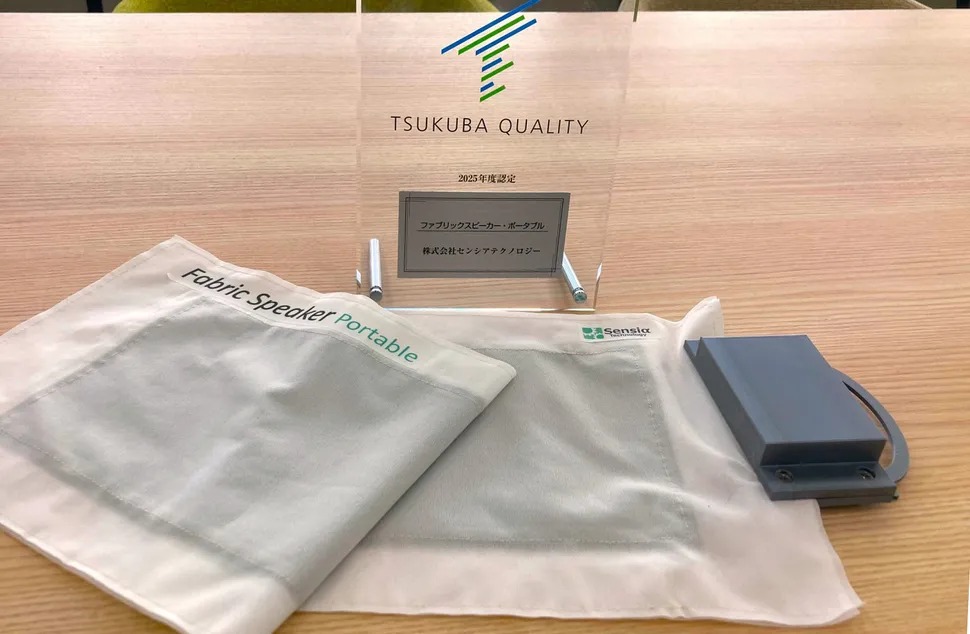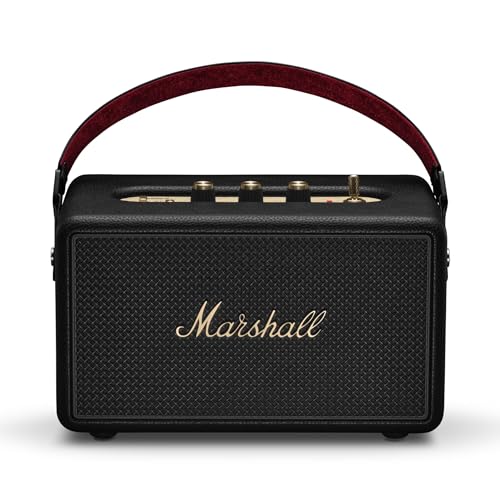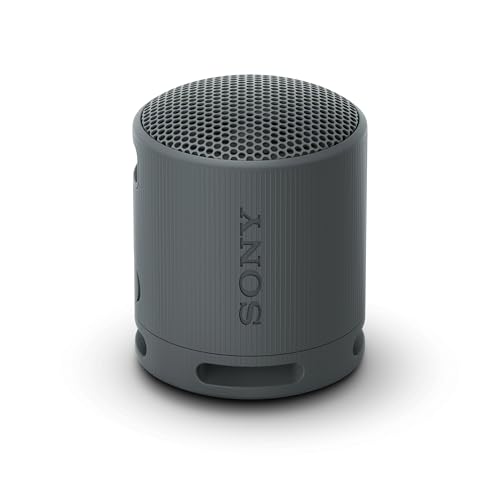Amazon CEO Andy Jassy didn’t mince words in his recent CNBC interview. “They’ll trust two large Chinese companies with maps of the inside of U.S. consumers’ homes more than they’ll trust Amazon,” he said, talking about regulators in Washington and Brussels.
It stung because it was true.
When the Federal Trade Commission and European Commission blocked Amazon’s $1.4 billion acquisition of iRobot in early 2024, they claimed victory for competition. The logic was textbook antitrust: Amazon might promote Roomba vacuums over rivals on its platform. Self-preferencing, they called it. Clean theory.
Messy reality followed.
The Company Regulators Saved Is Now Dying
iRobot’s U.S. revenues have collapsed 47% year-over-year. The Massachusetts company that invented the Roomba reported $127.6 million in second-quarter 2025 revenue, down from $165 million a year earlier. Its workforce has been slashed from 1,100 to under 600. The stock is down over 80% since the deal died.
Meanwhile, China’s Roborock and Ecovacs are having a moment.
Roborock posted RMB 4.416 billion (roughly $625 million) in first-half 2024 revenue, up 31% from 2023. Analysts at IDC now peg Roborock at 22% of global robot-vacuum revenue. iRobot sits below 10%.
Ecovacs, headquartered in Suzhou, logged RMB 810 million in net income for 2024—up 31.7%—and a 59% profit surge in Q1 2025. Together, the two Chinese brands command more than 35% of the global market, according to China Daily.
The U.S. didn’t preserve competition. It changed the flag on it.
Robot Vacuums Don’t Just Clean—They Map
Here’s what regulators missed: these devices are rolling surveillance systems. Every Roomba, Roborock, and Ecovacs vacuum generates a detailed 3D model of your home—wall outlines, furniture placement, traffic patterns. That data trains navigation algorithms, sure. But it also reveals intimate details about how you live.
A 2024 study from the University of Singapore showed that even metadata—timestamps and movement patterns—can expose home size and occupancy. Another study dubbed “LidarPhone” demonstrated that lidar sensors can detect micro-vibrations in the air and reconstruct conversations. In 2020, leaked development images from iRobot test units revealed just how visually detailed these maps can be.
Individually, a floor plan is harmless. Collectively, millions of them become soft intelligence—economic, behavioral, architectural. That’s the dataset Chinese firms are now building inside American homes.
When Your Vacuum Gets Hacked
In October 2024, ABC News Australia documented multiple cases of Ecovacs Deebot vacuums being hijacked remotely. Hackers accessed onboard cameras and microphones, shouted obscenities through speakers, and even chased pets around living rooms. Security researchers traced the exploits to Bluetooth and Wi-Fi vulnerabilities that allowed root access within 50 meters.
The U.S. Cybersecurity and Infrastructure Security Agency issued a national advisory listing hard-coded encryption keys, insecure firmware updates, and exposed network credentials among the flaws. Ecovacs patched the bugs. The structural problem remains: these devices are IoT endpoints, and their weakest link isn’t suction power—it’s data governance.
Chinese brands operate under Beijing’s Data Security Law and National Intelligence Law, which compel firms to share information with government authorities upon request. There’s no judicial review. No transparency. Just compliance.
Amazon Isn’t Clean Either—But It’s Accountable
Amazon has its own privacy issues. In May 2023, the FTC fined Amazon $25 million for violating children’s privacy by retaining Alexa voice recordings indefinitely. That same month, Ring paid $5.8 million to settle charges that employees unlawfully accessed customer videos.
Those are serious lapses. They’re also proof that accountability works. Those fines were public, litigated, and enforced under U.S. law. The violations were documented. The penalties were paid. The practices were changed.
Compare that with the opacity of Chinese data practices. The West punishes misuse. The East institutionalizes it.
The Policy Paradox
Here’s the contradiction that should make policymakers uncomfortable: Washington is spending $52 billion through the CHIPS and Science Act to bring semiconductor manufacturing back home. At the same time, by blocking Amazon’s acquisition of iRobot, the U.S. government ensured that the next generation of consumer robotics—and the data it produces—will be engineered abroad.
America onshored silicon and offshored the floor plan of the American home. The irony is Kafka-level.
The FTC boasted after the deal collapsed that it had preserved competition. But competition in this category has shifted almost entirely to China, where Ecovacs and Roborock are thriving while iRobot circles the drain.
Rethinking Regulation
This isn’t an argument for letting Amazon swallow every consumer brand it wants. It’s an argument for regulation that reflects 2025, not 2005. Market share alone no longer defines power—data control does. Antitrust law built for railroads and oil trusts can’t meaningfully adjudicate ownership of home-interior sensor networks.
A smarter approach would add a data-sovereignty test to merger review, weighing not just price effects but the implications of where and how consumer data is stored. Behavioral remedies—like transparent search ranking and strict data firewalls—could have addressed the FTC’s concerns without killing the deal.
It’s worth remembering: iRobot wasn’t trying to dominate a market. It was trying to survive in one already dominated by foreign players. Blocking its sale didn’t level the playing field. It removed the last domestic player from it.
The Final Sweep
Regulators will point to their scorecard and call this a success. Amazon didn’t get bigger. Competition remains. Consumers can still buy robot vacuums.
But beneath that tidy narrative sits a less comfortable reality: America’s household maps are increasingly drawn, stored, and analyzed by firms under Beijing’s legal reach. In trying to prevent one form of monopoly, the U.S. may have handed China a new one—measured not in market share, but in square footage.
That’s not just bad economics. It’s bad strategy.





























